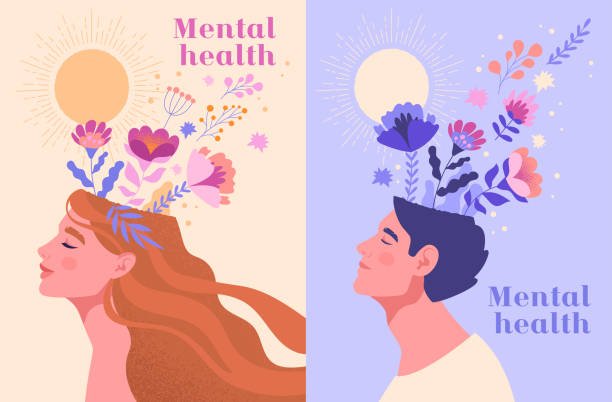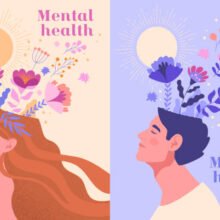Breaking the Stigma: The Need for a Comprehensive Mental Health Perspective
Mental health is a critical aspect of overall health and wellbeing. However, for many years, mental health has been stigmatized and often ignored. This stigma has led to a lack of awareness and understanding about mental health disorders, which has, in turn, resulted in a shortage of mental health professionals. But things are changing, and mental health professions are growing rapidly to meet the increasing demand for their services. In this article, we will explore the importance and growth of mental health professions.

The Importance of Mental Health Professions
Mental health professions, including psychiatrists, psychologists, counselors, and social workers, play a crucial role in the treatment of mental health disorders. They are trained to diagnose and treat a wide range of mental health conditions, including depression, anxiety, bipolar disorder, and schizophrenia.
According to the World Health Organization, mental health disorders affect approximately one in four people globally. Mental health disorders can have a significant impact on individuals’ lives, including their ability to work, form and maintain relationships, and carry out daily tasks. Mental health professionals help individuals manage their mental health disorders and improve their quality of life.
Furthermore, mental health professionals not only treat mental health disorders but also provide support for individuals dealing with stress, relationship issues, and life transitions. They offer a safe and supportive space for individuals to explore their thoughts and feelings and learn coping strategies to improve their overall wellbeing.
The Growth of Mental Health Professions
In recent years, mental health professions have grown significantly. According to the Bureau of Labor Statistics, employment in mental health professions is projected to grow 25% from 2019 to 2029, much faster than the average for all occupations.
One reason for this growth is the increasing awareness and acceptance of mental health disorders. As mental health stigma decreases, more individuals are seeking treatment for their mental health disorders, creating a greater demand for mental health professionals.
Another reason for the growth of mental health professions is the integration of mental health services into primary care. Primary care physicians are increasingly recognizing the importance of addressing mental health concerns alongside physical health concerns, leading to a greater need for mental health professionals to work alongside them.
Moreover, the COVID-19 pandemic has highlighted the importance of mental health and wellness, leading to an increased demand for mental health services. Mental health professionals have had to adapt to the challenges of providing care during a pandemic, leading to innovative approaches such as telehealth services.
Conclusion
Mental health professions are essential for the diagnosis and treatment of mental health disorders and improving overall wellbeing. The growth of mental health professions is a positive development, as it means that more individuals can access the care they need. The increasing awareness and acceptance of mental health disorders, the integration of mental health services into primary care, and the COVID-19 pandemic have all contributed to the growth of mental health professions. As mental health stigma continues to decrease, we can expect the growth of mental health professions to continue, ensuring that individuals have access to the care they need to improve their mental health and wellbeing.
References:
- World Health Organization. (2019). Mental disorders. Retrieved from https://www.who.int/news-room/fact-sheets/detail/mental-disorders
- Bureau of Labor Statistics. (2021). Mental health counselors and marriage and family therapists. Retrieved from https://www.bls.gov/ooh/community-and-social-service/mental-health-counselors-and-marriage-and-family-therapists.htm
- National Institute of Mental Health. (2021). Mental health information. Retrieved from https://www.nimh.nih.gov/health/topics/index.shtml
- American Psychological Association. (2021). Mental health. Retrieved from https://www.apa.org/topics/mental-health







